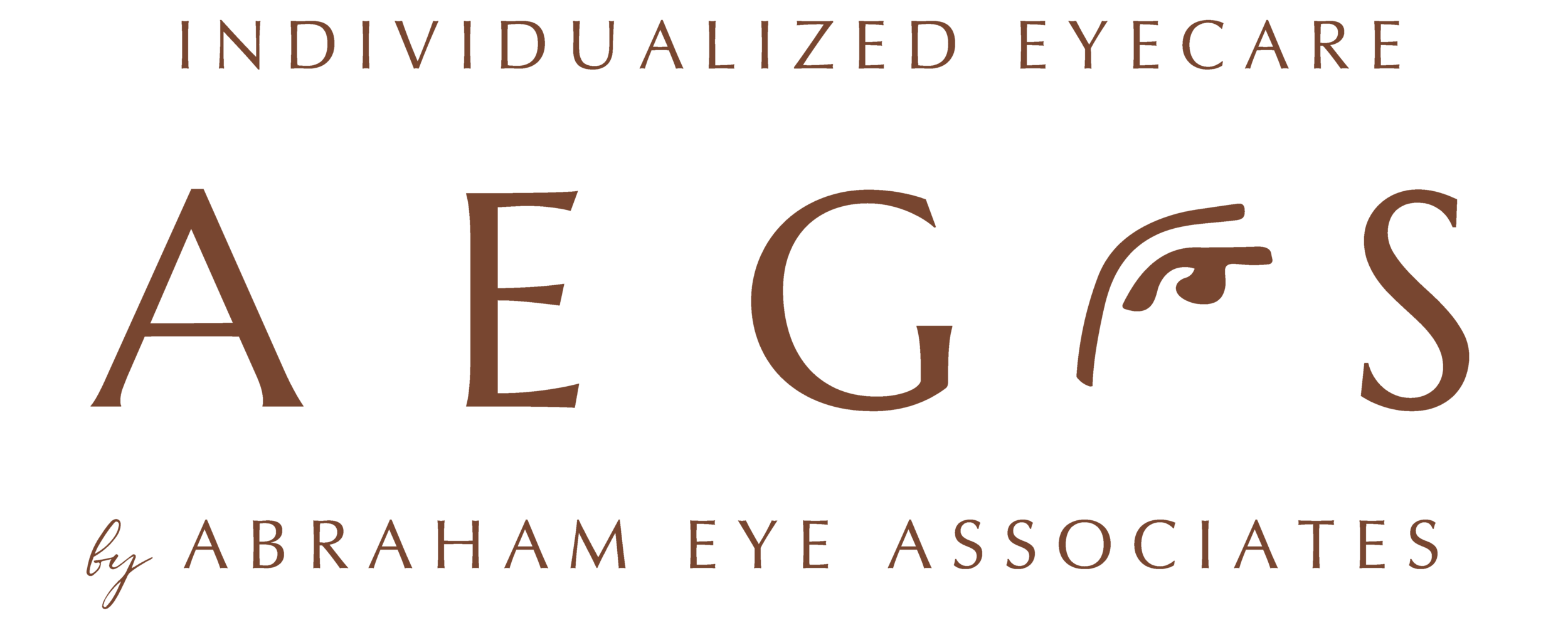Dry eye syndrome is a common medical condition that happens when your eyes do not produce enough tears. Dry eye syndrome can also occur when tears evaporate too quickly within the eye. Tearing is vital for maintaining eye health, specifically on the front surface of the eye. When tear production is inadequate, it can ultimately lead to irritation and discomfort and, in severe cases, can even damage your cornea.
Since dry eye syndrome can present with a variety of different symptoms, it is important to understand the possible underlying causes and available treatment options.
Causes of Dry Eye
There are numerous causes of dry eye syndrome. In addition to the natural aging process, one in which tears can start to diminish as you get older, other leading causes of dry eyes can include:
- Medical Conditions - Certain conditions, such as diabetes, Sjogren’s syndrome, and thyroid disorders, can affect tear production. Autoimmune diseases can cause inflammation of your lacrimal glands, which can lead to the development of dry eye.
- Environmental Factors - Living in extremely dry climates, wind and smoke can all lead to dry eye symptoms.
- Eye Strain - Using screens for prolonged periods of time and driving can also lead to dry eye symptoms
- Medication - Medications, such as decongestants, antihistamines, and certain antidepressants, can reduce tear production.
- Hormonal Imbalances - Fluctuations in hormonal levels can also cause dry eye. Women who are pregnant or going through menopause are often more susceptible to developing dry eye syndrome.
Symptoms of Dry Eye
The symptoms of dry eye typically start with excessive dryness. Some individuals may also have a feeling of sand in their eyes. Other people may experience redness, irritation, blurred vision, and sensitivity to light. Interestingly, some individuals may actually experience watery eyes, which is a direct result of ocular surface irritation.
Treatments for Dry Eye
The precise treatment plan for dry eye syndrome depends on the cause. However, some of the most commonly used dry eye treatments include:
- Artificial Tears - Over-the-counter artificial tear drops can restore lubrication through your eyes and reduce symptoms of dryness.
- Lifestyle Changes - Taking regular breaks from using an electronic device and using a high-quality humidifier can also be effective in relieving your dry eye symptoms.
- Prescription Medication - If your dry eye symptoms are severe, your doctor may prescribe prescription medication, such as Restasis or Xiidra, to reduce inflammation and promote tear production.
- Proper Eyelid Hygiene - Increasing eyelid hygiene and keeping them free of debris, such as makeup products, which can block the oil glands, can also help relieve your symptoms.
- Regular Eye Examination - Seeing your eye doctor regularly can also help ease the symptoms of dry eye. Be sure to provide a list of what treatments have worked, what has not, and whether your symptoms have progressed.
FAQs
What Are the Home Remedies for Dry Eyes?
Yes, some of the easiest home remedies include applying warm processes, avoiding excessive screen time, and increasing omega-3 fatty acids in your diet.
Can Dry Eyes Cause Vision Loss?
Although dry eye syndrome can cause discomfort and even blurry vision, it does not typically lead to vision loss. However, in severe cases of dry eye syndrome, damage to the cornea can occur if not treated properly.
Do Contact Lenses Cause Dry Eyes?
Yes, it is not uncommon for contact wearers to complain of dry eyes. As such, it is important to not only clean your contact lenses as recommended but also to swap them out for glasses when possible. Your doctor can also recommend specific types of contact lenses if you already suffer from dry eyes. If your symptoms do not resolve, it may be recommended that you stop wearing contact lenses altogether.
Can I Use Eye Drops Regularly?
In general, it is safe to use over-the-counter artificial tears as needed. However, it is important to discuss your symptoms with your eye doctor, particularly if you develop worsening symptoms or need to use eye drops more frequently.
Do Allergies Cause Dry Eyes?
Allergies themselves do not cause dry eyes. However, increased inflammation could cause tear duct blockage. Managing your allergy symptoms and avoiding triggers may be an effective solution for keeping dry eye symptoms at bay.
Is Dry Eye Syndrome Curable?
With proper management, dry eye syndrome is manageable, if not curable. However, it is important that you follow your doctor’s advice and report any worsening of symptoms.
Schedule an Appointment
If you are experiencing dry eye symptoms, we are here to help. Contact Abraham Eye Associates at to schedule an appointment today.



